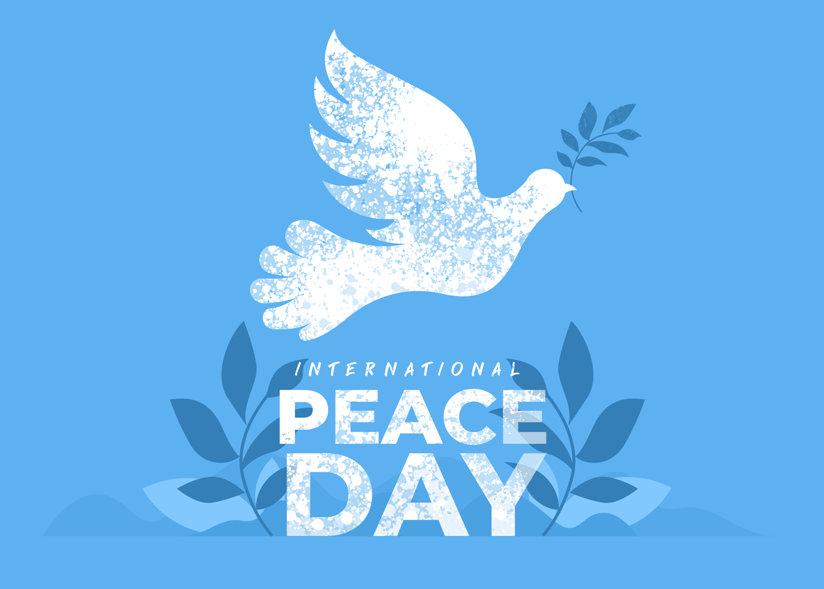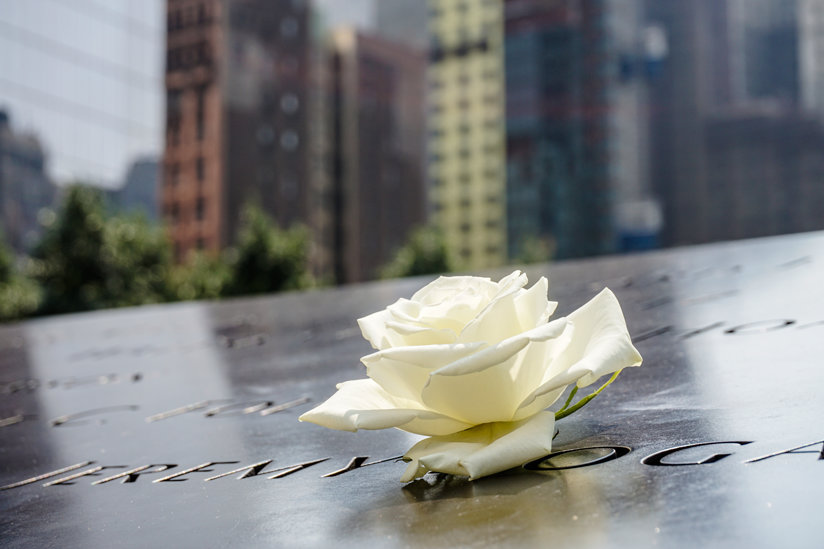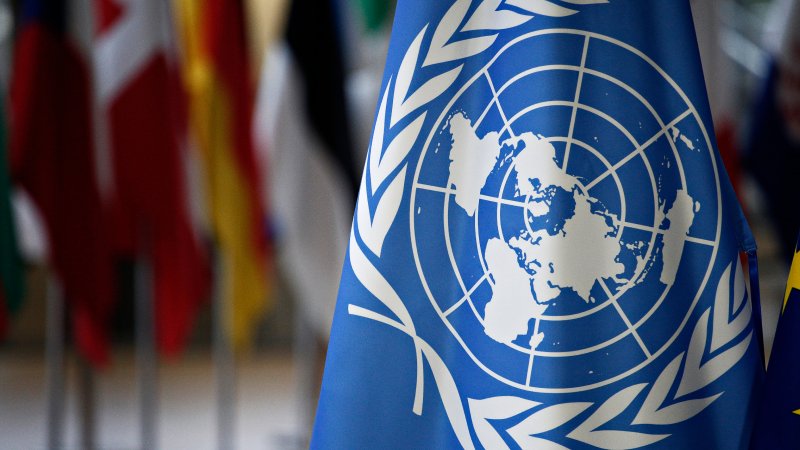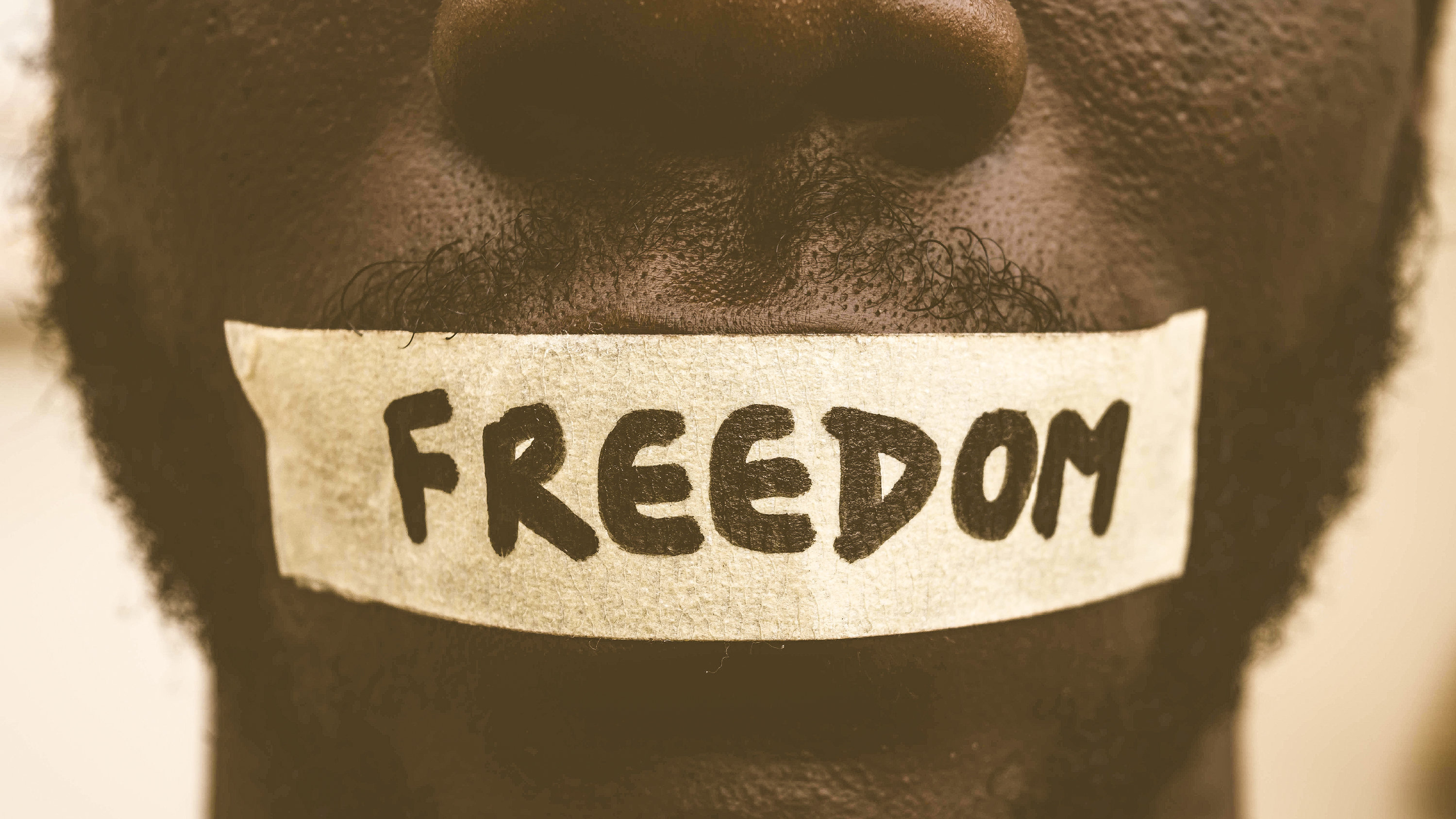
-
HOME
-
WHAT IS STANDOur Mission Our Values Our Help Contact
-
WHAT WE FIGHT FORReligious Freedom Religious Literacy Equality & Human Rights Inclusion & Respect Free Speech Responsible Journalism Corporate Accountability
-
RESOURCESExpert Studies Landmark Decisions White Papers FAQs David Miscavige Religious Freedom Resource Center Freedom of Religion & Human Rights Topic Index Priest-Penitent Privilege Islamophobia
-
HATE MONITORBiased Media Propagandists Hatemongers False Experts Hate Monitor Blog
-
NEWSROOMNews Media Watch Videos Blog
-
TAKE ACTIONCombat Hate & Discrimination Champion Freedom of Religion Demand Accountability
UN Marks a Starting Point for Peace: One Day at a Time
Jeremy Gilley was confused.
He could not for the life of him comprehend why there should be starvation, destruction and killing of innocent people in the world, and he set out to do something about it.
“So I was thinking about peace, about a starting point for peace, and that’s when I had the idea,” Gilley recalled. “There was no starting point for peace… no day of global unity, there was no day of intercultural cooperation. There was no day when humanity came together… And that if we united and we interculturally cooperated, then that might be the key to humanity’s survival. That might shift the level of consciousness around the fundamental issues that humanity faces. If we did it just for a day.”

Gilley’s resources for this undertaking were somewhat limited. Broke and still living in his mother’s house at age 30, the would-be filmmaker’s initial capital consisted solely of his own determination and energy.
Beginning in 1999, Gilley wrote hundreds of letters to, as he puts it, “everybody,” ultimately gaining the attention and interest of His Holiness the Dalai Lama, UN High Commissioner for Human Rights Mary Robinson, Nobel Peace Prize winner Óscar Arias and United Nations Secretary General Kofi A. Annan. Within two years, the first United Nations International Day of Peace, September 21, 2001, was submitted to the General Assembly by Costa Rica and the British government with 54 cosponsors, and unanimously adopted by the 189 member nations.
“If we united and we interculturally cooperated, that might be the key to humanity’s survival. That might shift the level of consciousness around the fundamental issues that humanity faces. If we did it just for a day.”
Then, on the morning of September 11, just 14 minutes before Gilley was to step before the cameras and announce the new United Nations Day of Peace, a commandeered aircraft crashed into floors 93-99 of the North Tower of the World Trade Center.
The announcement of a Day of Peace was never made.
Gilley was stunned but undeterred. Despite cynics who told him it was all just symbolism and that it would be impossible to persuade groups like the Taliban in Afghanistan to participate, he soldiered on for several years to revive interest in “Peace One Day.” “We have to make this day work,” he said. “We have to make this journey and prove it can work.”
Gilley needed celebrity help. He recruited actor Jude Law as his Peace One Day Ambassador, and the two of them went to Afghanistan with the goal of starting the impossible dream with a seemingly impossible goal: get the Taliban to agree to a one-day cease fire, September 21, 2007. They traveled that war-torn nation—which had just that year seen a dramatic escalation of violence—seeing tribal elders, doctors, nurses, ministers of education, holding press conferences, giving interviews and overall making the case for peace.

Then the unthinkable: after two decades of continuous bloodshed, the Taliban and other warring factions in Afghanistan agreed to lay down their weapons and allow 1.6 million children to be vaccinated against polio. A Taliban spokesman, Zabihullah Mujahid, said, “We will fully help the vaccination teams to carry out their campaign and they will not be hurt by anyone as all our friends have been told to provide a safe environment for the vaccinators.”
UN Secretary General Ban Ki-moon called for a worldwide moment of silence at noon. “As the guns fall silent, we should use this opportunity to ponder the price we all pay due to conflict, and we should resolve to vigorously pursue ways to make permanent this day’s pause,” he said.
UN Secretary General Ban Ki-moon called for a worldwide moment of silence at noon. “As the guns fall silent, we should use this opportunity to ponder the price we all pay due to conflict.”
Activities leading up to and through that Day of Peace included a youth peace march, a children’s drawing competition sponsored by UNICEF, and additional peace celebrations elsewhere in Afghanistan, including the opening of a new community-based school and safe play area.
The result: over the following year, a 70 percent reduction in violence in Afghanistan. As Jude Law observed, “I have been moved by the hope and heritage of the people here who have experienced two generations in conflict and still have a great belief that peace will prevail.”
And as Jeremy Gilley added, “If we can get this kind of result in Afghanistan then surely we can get 70 percent reduction everywhere.”
There have been other UN resolutions and anniversaries marking the hope of peace and celebrating efforts made toward peace, but this day marks an actual annual global ceasefire, the largest ever recorded cessation of hostilities both domestically and internationally.
It’s a beginning. And it all started with one person asking “Why?”









